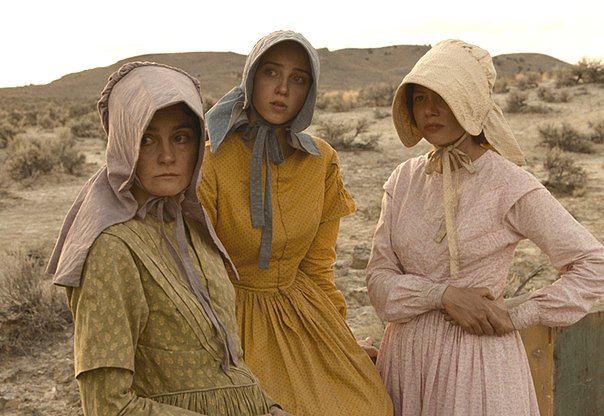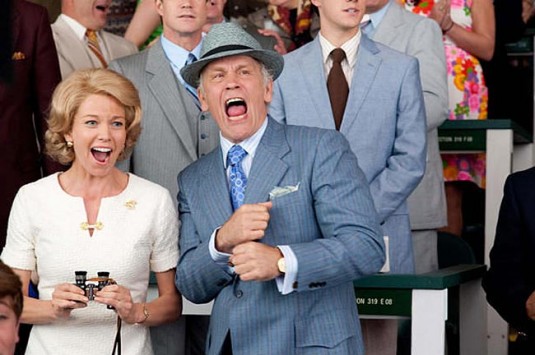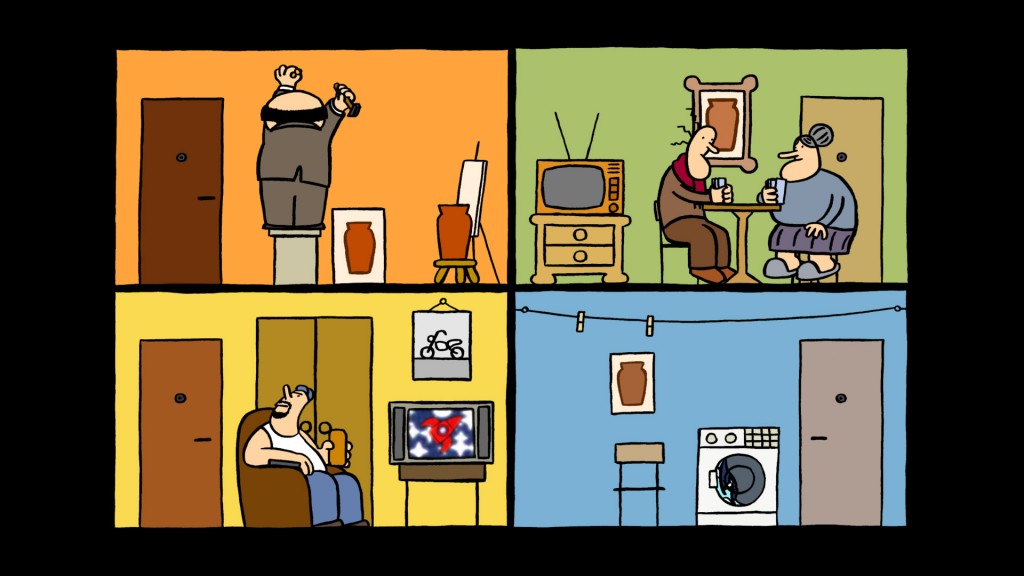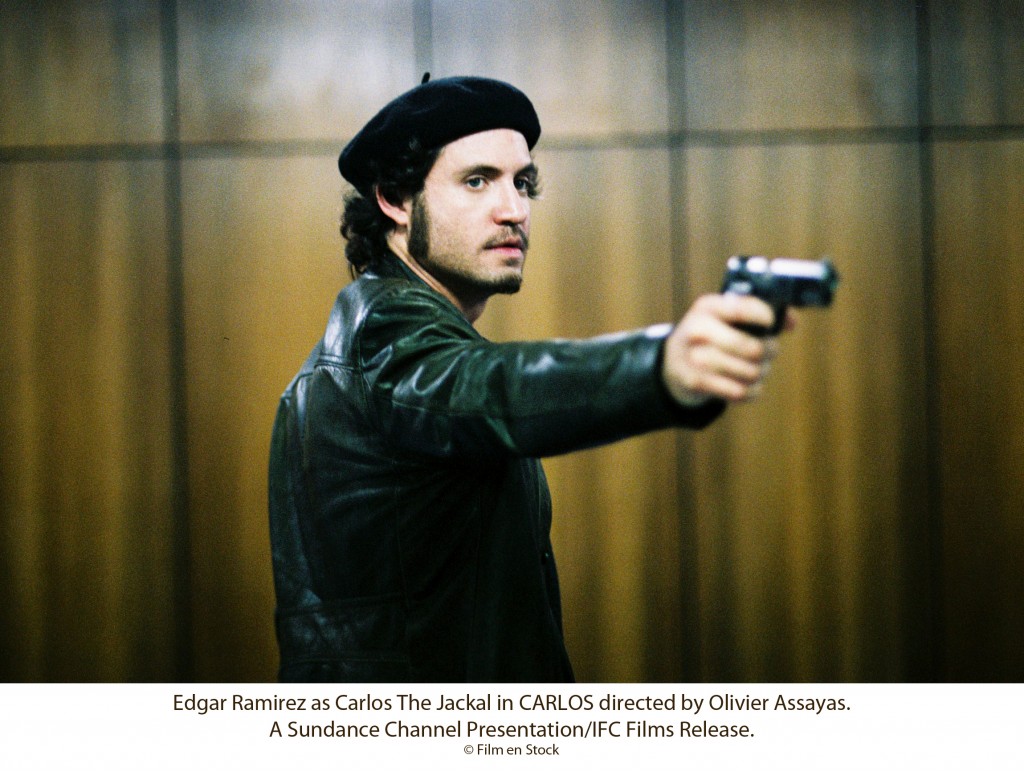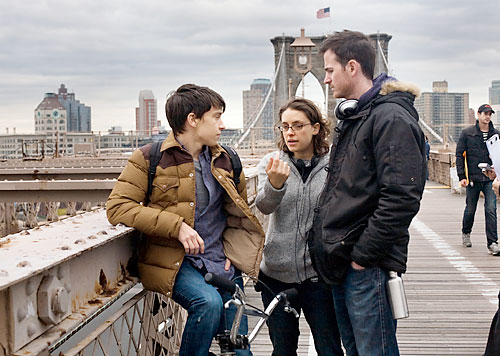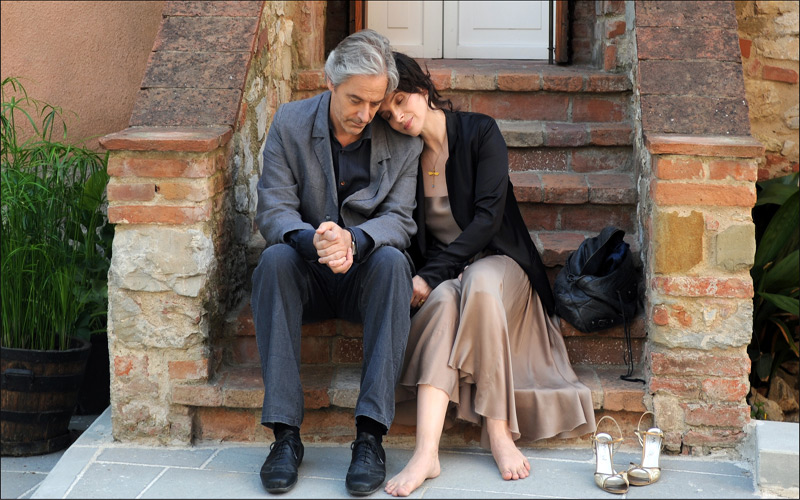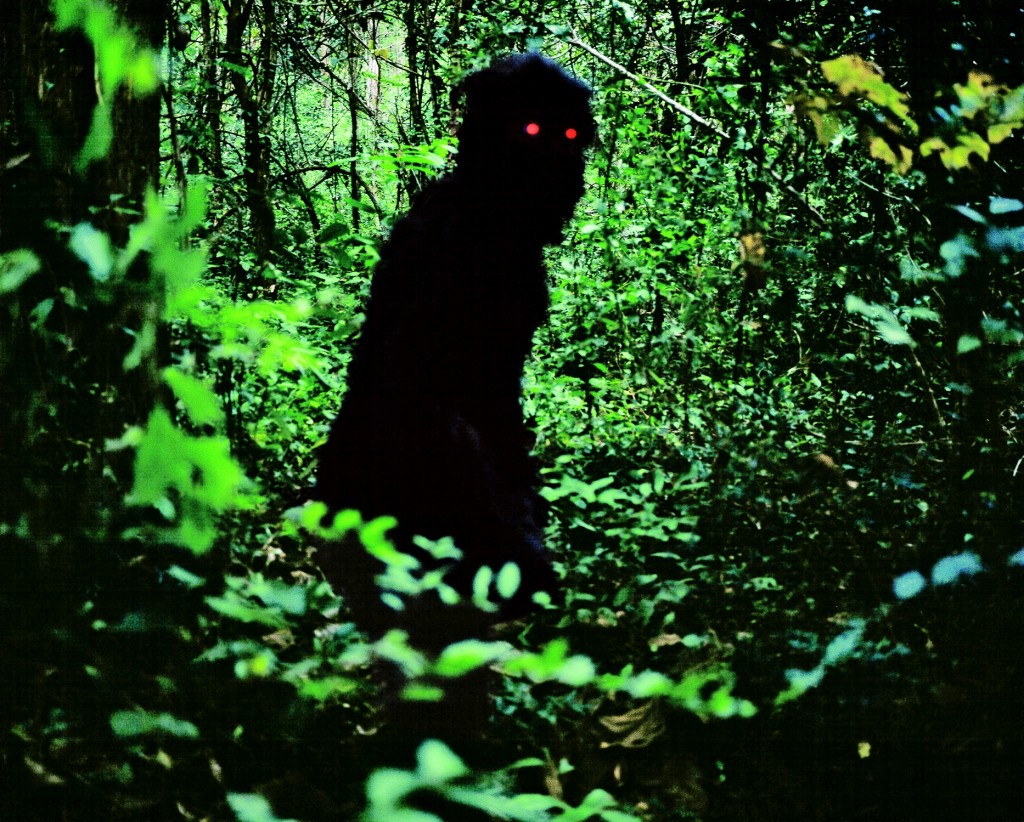Wed 13 Oct 2010
NYFF ’10: Meek’s Cutoff
Posted by Ethan under Film Festivals, Film Review, NYC Film Critic
Comments Off on NYFF ’10: Meek’s Cutoff
Meek’s Cutoff
Directed by Kelly Reichardt
***1/2
With Meek’s Cutoff, writer/director Kelly Reichardt takes the skills she’s honed over the course of her two-decade career as an independent filmmaker—among them, extensive location shooting, minimalist storytelling and quiet, contemplative pacing—and applies them to what’s easily her biggest production to date both in terms of budget and scope. Granted, the film is still less than half the cost of the catering budget for the next Transformers movie, but period productions don’t come cheap. Set in the American West in 1845, Meek’s Cutoff could fatuously, but not entirely inaccurately, be referred to as Oregon Trail: The Movie. Like that iconic computer game, the film follows a three-family wagon team journeying along the Oregon Trail or, to be more precise, a branch of the Oregon Trail. The cast of characters includes an older widower (Will Patton) and his new bride (Michelle Williams, re-teaming with Reichardt after her stellar turn in Wendy and Lucy), a young married couple (Zoe Kazan and Paul Dano, who are joined at the hip in real life as well) and a pregnant woman (Shirley Henderson) making the arduous trek with her deeply religious husband (William White) and pre-teen son. Leading the pack is Stephen Meek (Bruce Greenwood), a brash, quarrelsome guide whose navigation skills aren’t quite as sharp as advertised. Reichardt and screenwriter Jonathan Raymond drop you right down in the middle of the pioneers’ journey and waste little time with exposition or backstory. Instead, the characters’ personalities and relationships to each other emerge from their actions or small bits of business—a glance, a terse word, a gesture. Reichardt does a terrific job keeping the film’s point of view fluid; no one character dominates the proceedings, instead the focus subtly shifts between (and sometimes within) each scene. The result is an intimate version of a classic Western epic, still incorporating the stunning vistas and thrilling moments we expect from the genre, but never losing sight of the people at the center of the story. Some clunky dialogue and on-the-nose thematic parallels (the film’s “lost in a desert†scenario has clearly been designed to read as an Iraq War metaphor) mars the viewing experience at times, but overall Meek’s Cutoff is a genuinely exciting next chapter in the evolution of a major directing talent.
